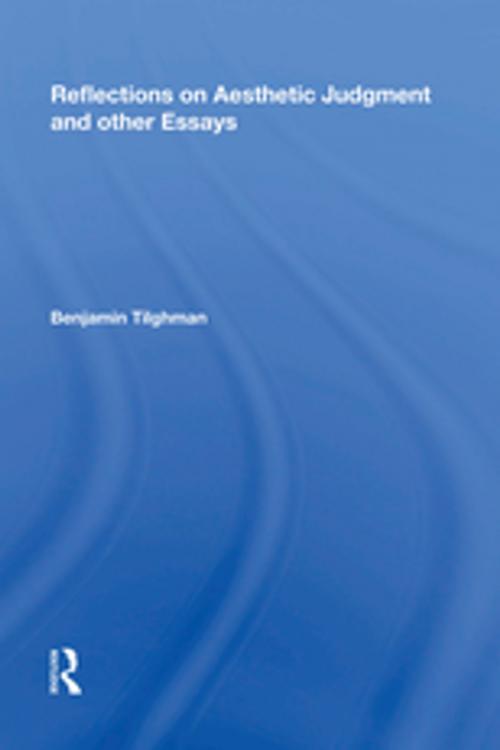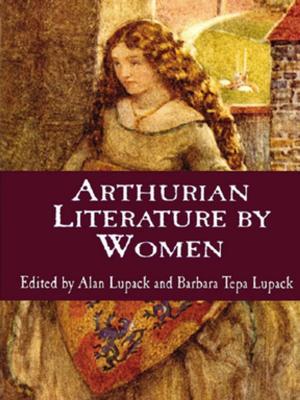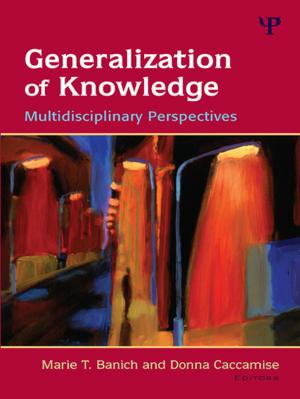| Author: | Benjamin Tilghman | ISBN: | 9781351150583 |
| Publisher: | Taylor and Francis | Publication: | November 28, 2017 |
| Imprint: | Routledge | Language: | English |
| Author: | Benjamin Tilghman |
| ISBN: | 9781351150583 |
| Publisher: | Taylor and Francis |
| Publication: | November 28, 2017 |
| Imprint: | Routledge |
| Language: | English |
Benjamin Tilghman has been a leading commentator on analytic philosophy for many years. This book brings together his most significant and influential work on aesthetics. Spanning a period of thirty years and covering topics in aesthetics from literature to painting, the collection traces the development of Tilghman's two principal themes; a rejection of philosophical theory as a way of resolving problems about our understanding and appreciation of art and the importance of the representation and presentation of the human and human concerns in art. Tilghman is profoundly influenced by the philosophy of Ludwig Wittgenstein and his work is informed throughout by his conception and practice of philosophy. Written with exceptional clarity and with many references to original work in both painting and literature, this collection will be an invaluable resource not only for professional philosophers but for those working in the arts generally, art historians, critics and literary theorists.
Benjamin Tilghman has been a leading commentator on analytic philosophy for many years. This book brings together his most significant and influential work on aesthetics. Spanning a period of thirty years and covering topics in aesthetics from literature to painting, the collection traces the development of Tilghman's two principal themes; a rejection of philosophical theory as a way of resolving problems about our understanding and appreciation of art and the importance of the representation and presentation of the human and human concerns in art. Tilghman is profoundly influenced by the philosophy of Ludwig Wittgenstein and his work is informed throughout by his conception and practice of philosophy. Written with exceptional clarity and with many references to original work in both painting and literature, this collection will be an invaluable resource not only for professional philosophers but for those working in the arts generally, art historians, critics and literary theorists.















